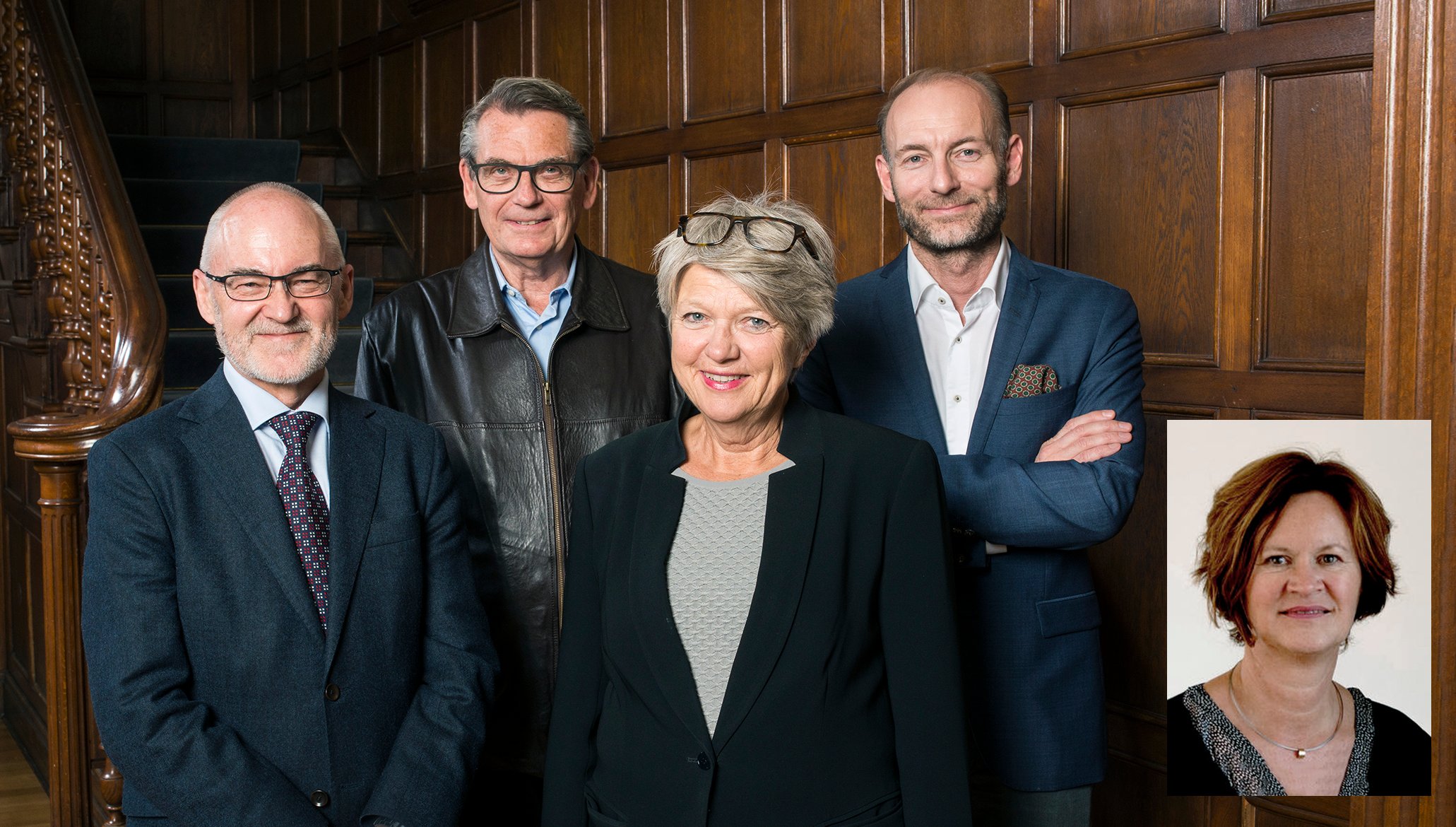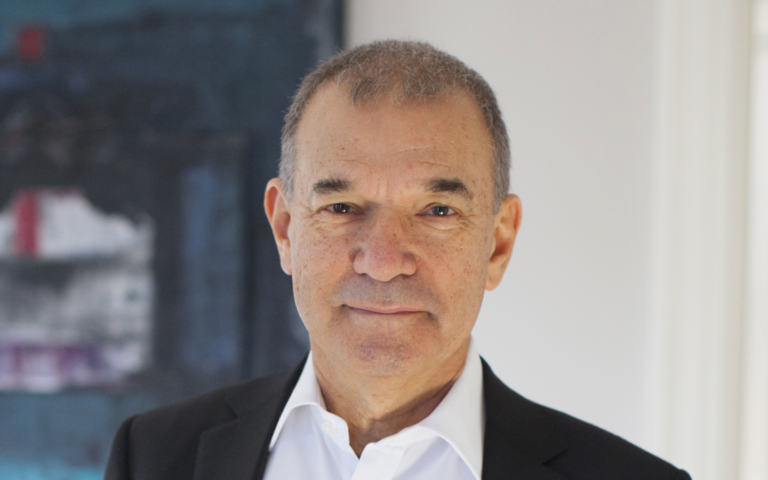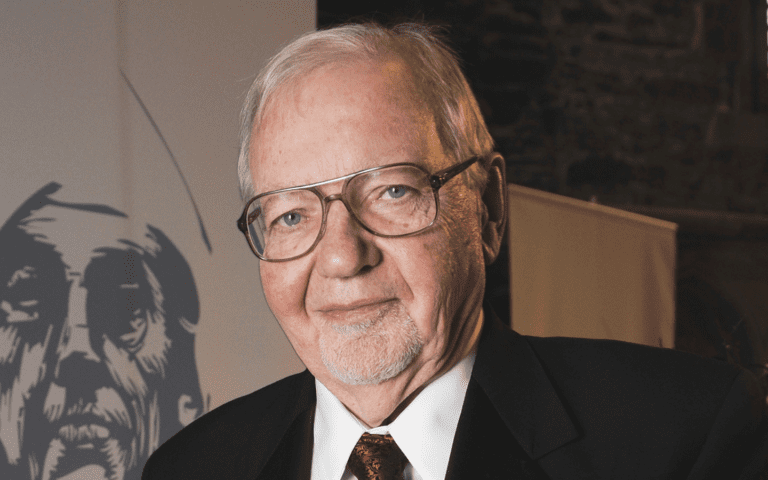
The Holberg Prize is pleased to announce that Britt Andersen and Knut Olav Åmås have been appointed as new members to the Board of the Holberg Prize.
The University of Bergen appoints the executive board of the Holberg Prize. The Board consists of the chair and four board members nominated by the universities in Norway and the Norwegian Academy of Science and Letters. Britt Andersen og Knut Olav Åmås was appointed as new board members at the University Board meeting on 24 April, and formally assumed their duties on the 1 July.
Britt Andersen is vice-dean for research at the Faculty of Humanities and a Professor in Comparative Literature at the Norwegian University of Science and Technology. As a researcher she has focused primarilly on modernism, feminism, psychoanalysis and queer theory. Andersen is also Editor in Chief of the literary journal Norsk Litteraturvitenskaplig Tidsskrift.
Knut Olav Åmås is the Executive Director of the Fritt Ord Foundation. Åmås is also an author, former state secretary at the Norwegian Ministry of Cultural Affairs and former editor for Culture, Debate and Research at the national daily newspaper Aftenposten.
Åmås and Andersen replaces former board members, Petter Aaslestad and Kjellbjørg Lunde. Chair of the board, Sigmund Grønmo (UiB), Trude Haugli (UiT) and Øyvind Andersen (DNVA) continue in their engagements.
Last edited:
Published:
Related content

“Everyone dreams at night”: Interview with Stephen Greenblatt
What are the paths and life events that have led 2016 Holberg Laureate Professor Stephen Greenblatt to where he is today? Where will he go from here? How will the humanities survive the current crisis? Those are some of the questions Greenblatt answers in this exclusive interview.

About Fredric R. Jameson
Fredric R. Jameson (born in 1934 in Cleveland, Ohio) is one of today's most important and most influential cultural theorists. He has done more for the contextual study of culture than any other living scholar. Over the past four decades, he has developed a richly nuanced theory of how modern culture – in particular, literature, painting, cinema, and architecture – relates to social and economic developments.

About Ian Hacking
Ian Hacking (born in 1936 in Vancouver, British Columbia) is one of the world's leading scholars in the fields of philosophy and history of science. He has made important contributions to areas as diverse as the philosophy and history of physics; the understanding of the concept of probability; the philosophy of language; and the philosophy and history of psychology and psychiatry.

